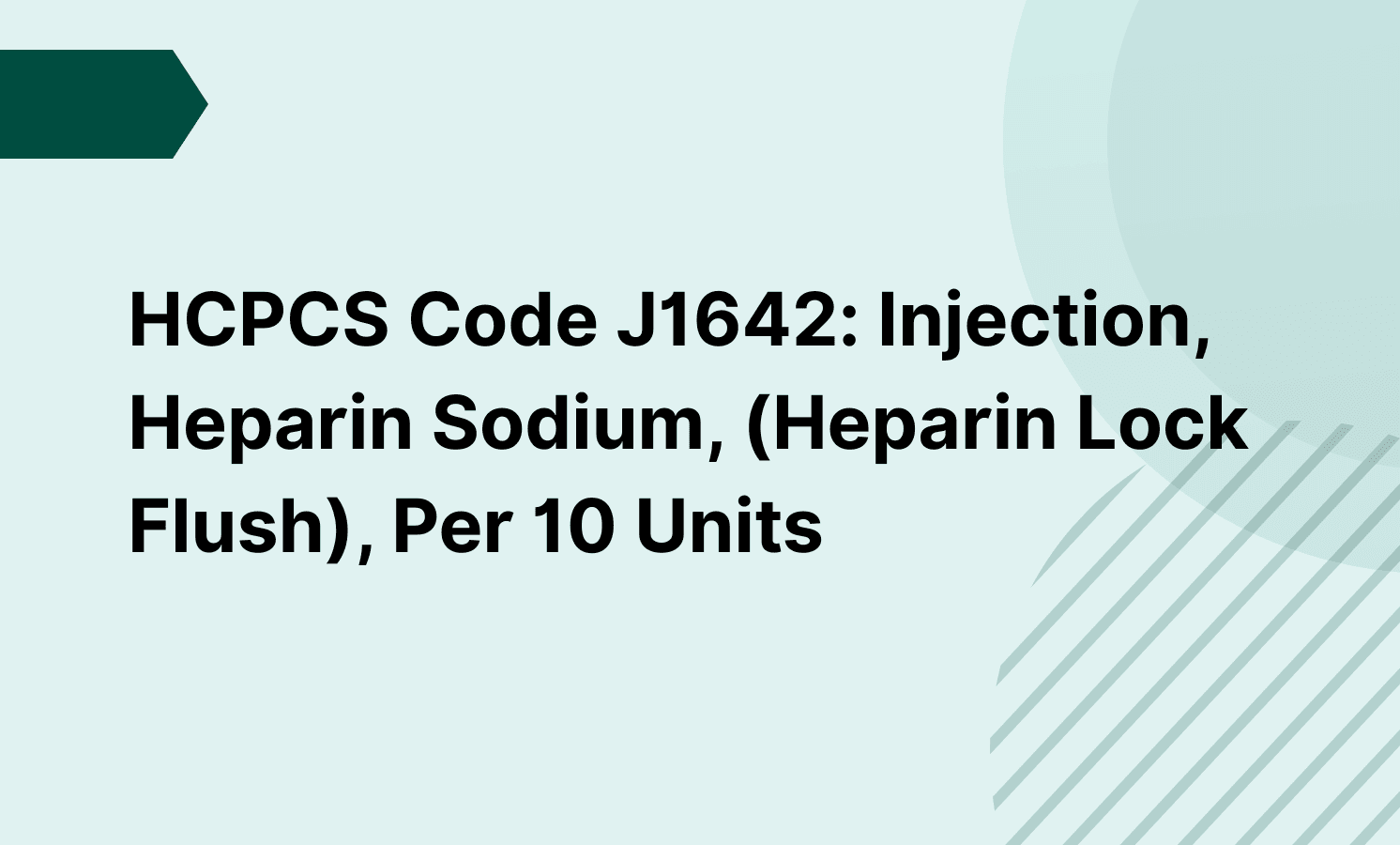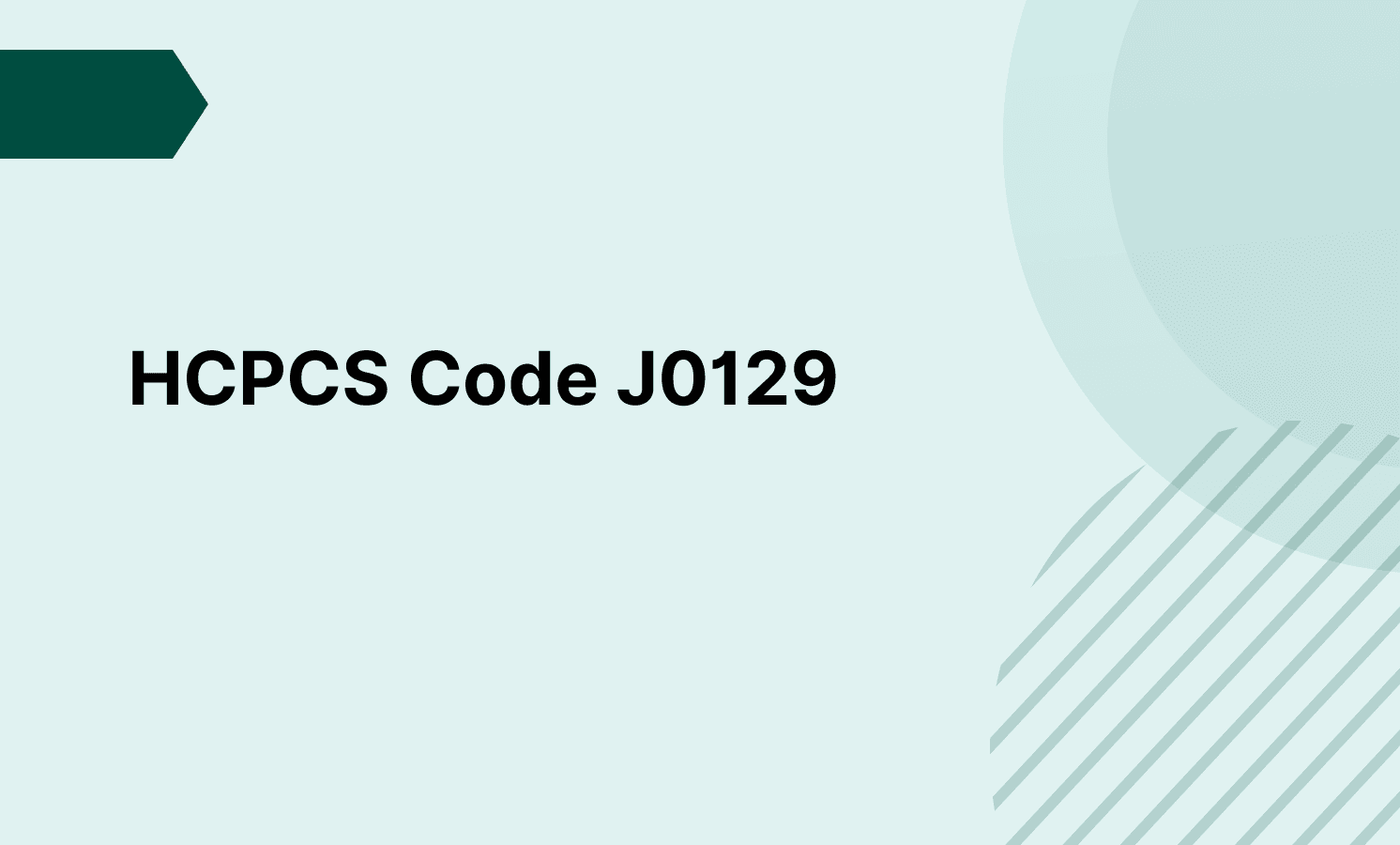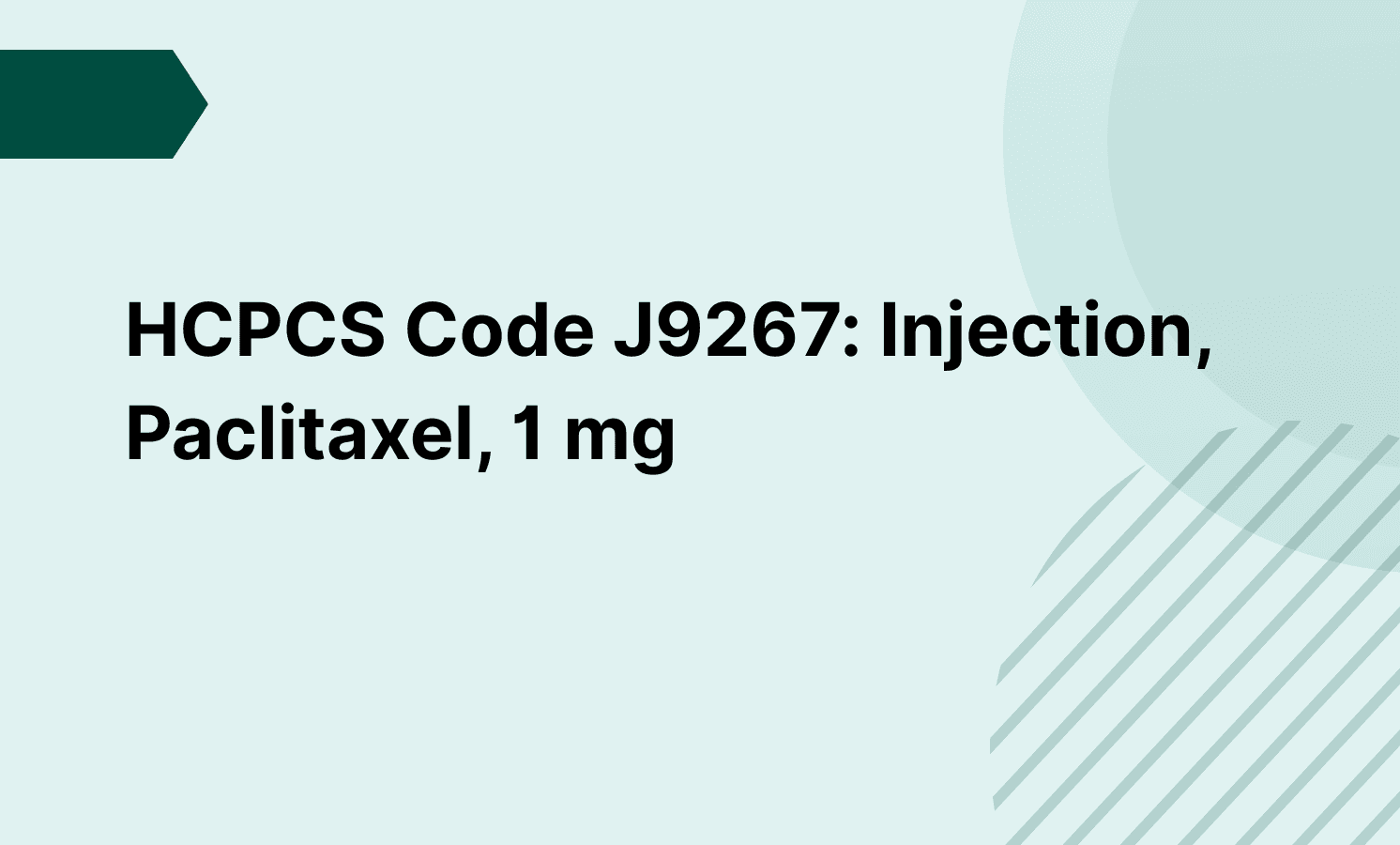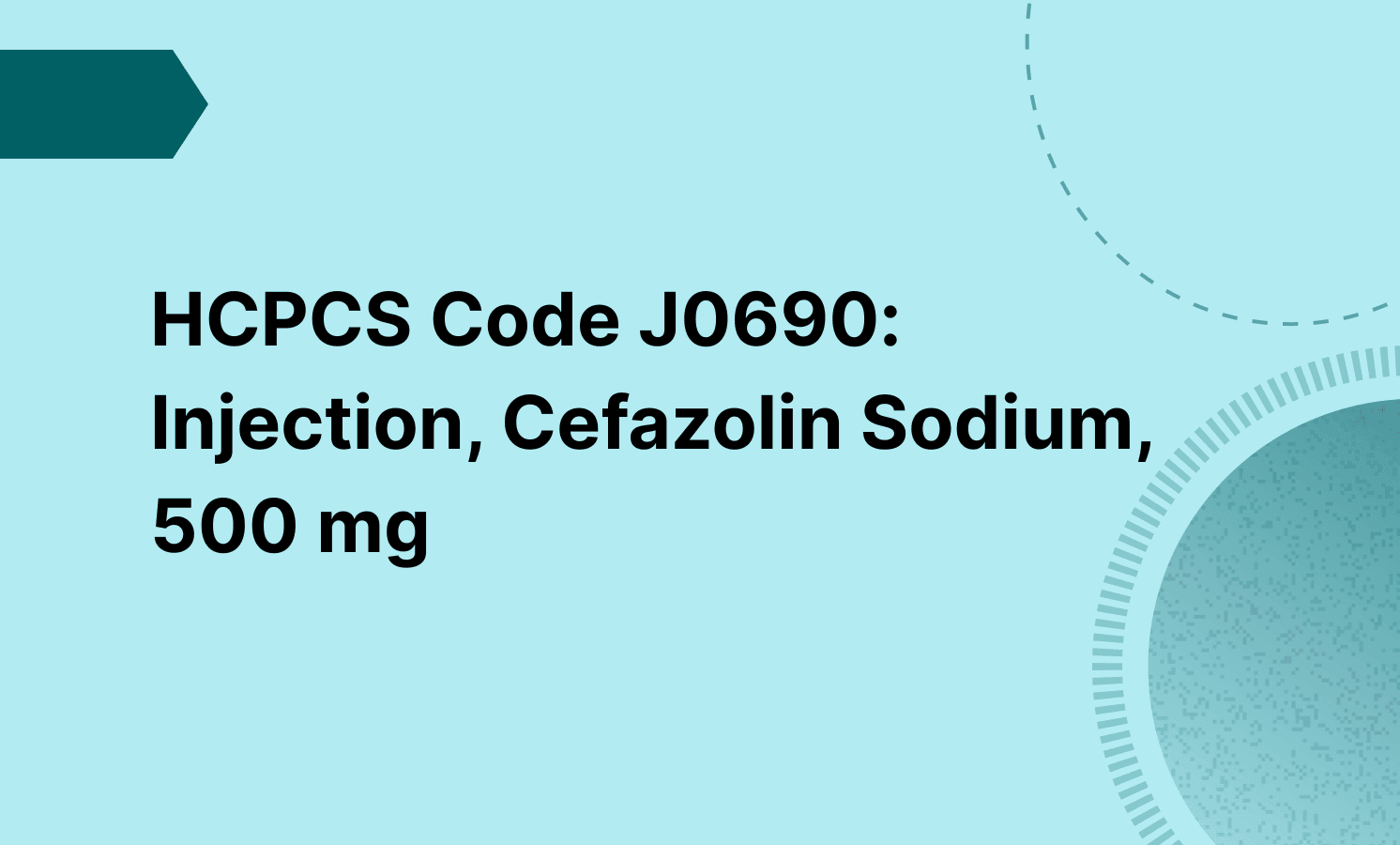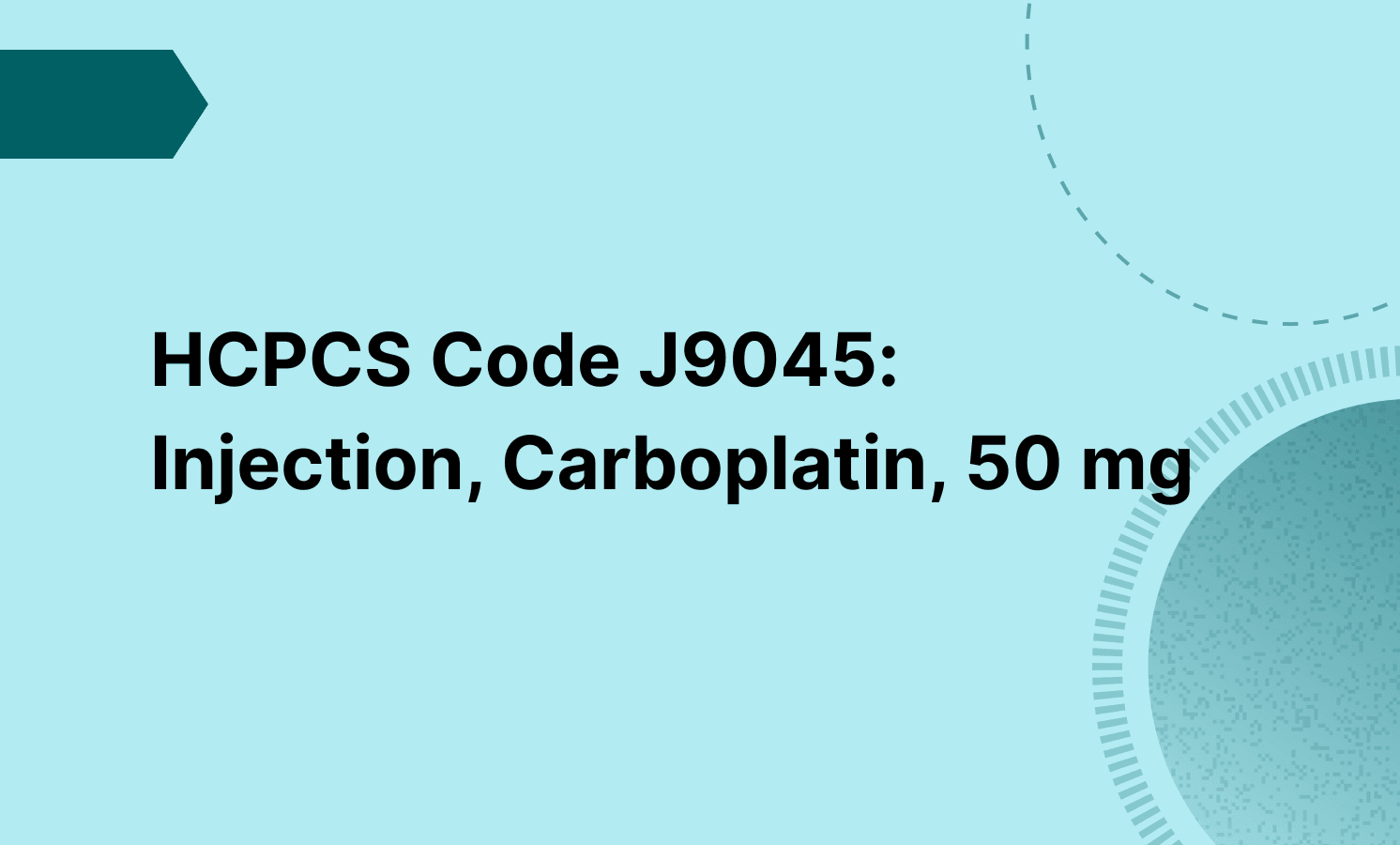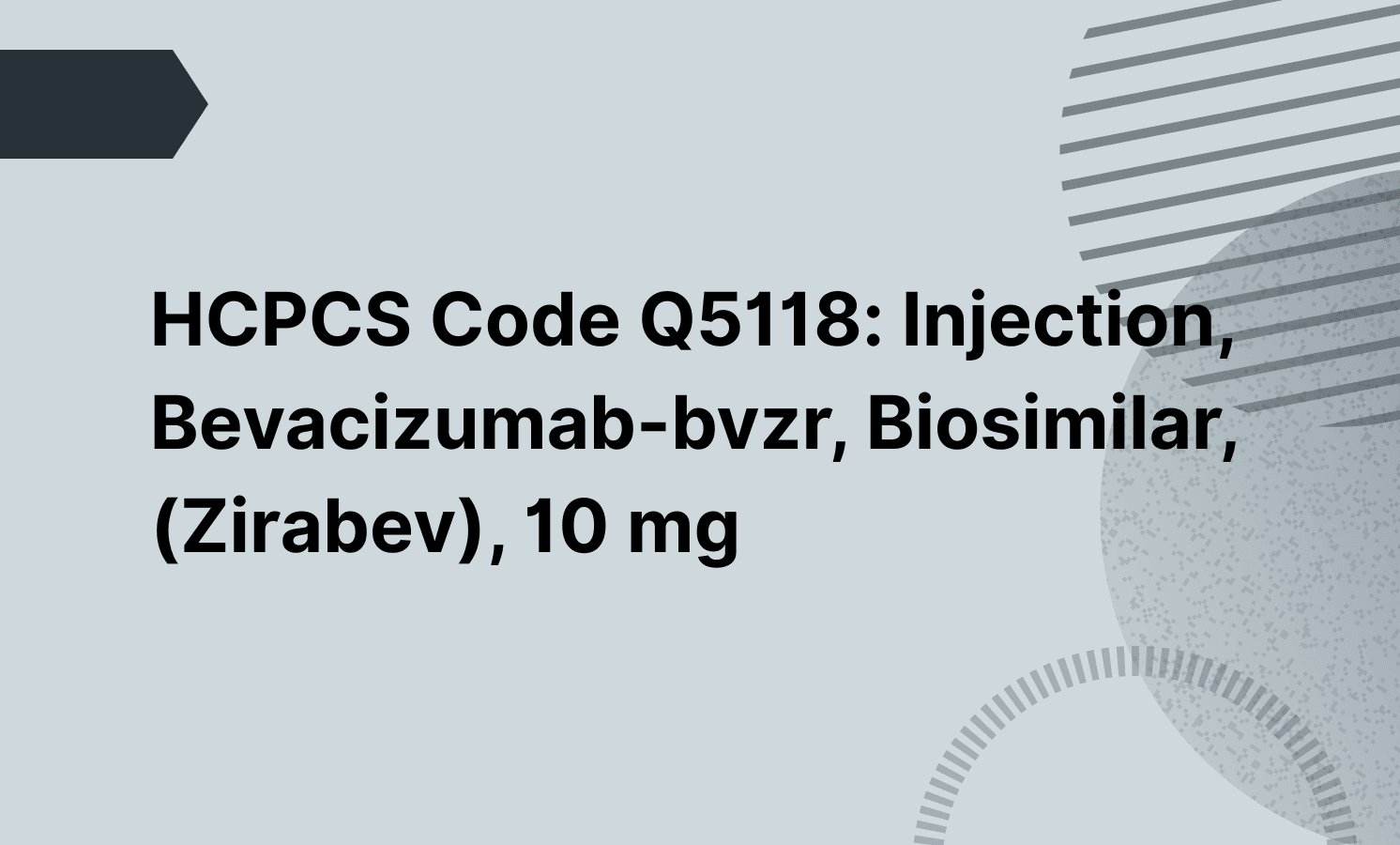CPT 81003 is used when the urinalysis is performed automatically with an instrument, while 81002 is used for manual testing without a machine. Both codes exclude microscopy.
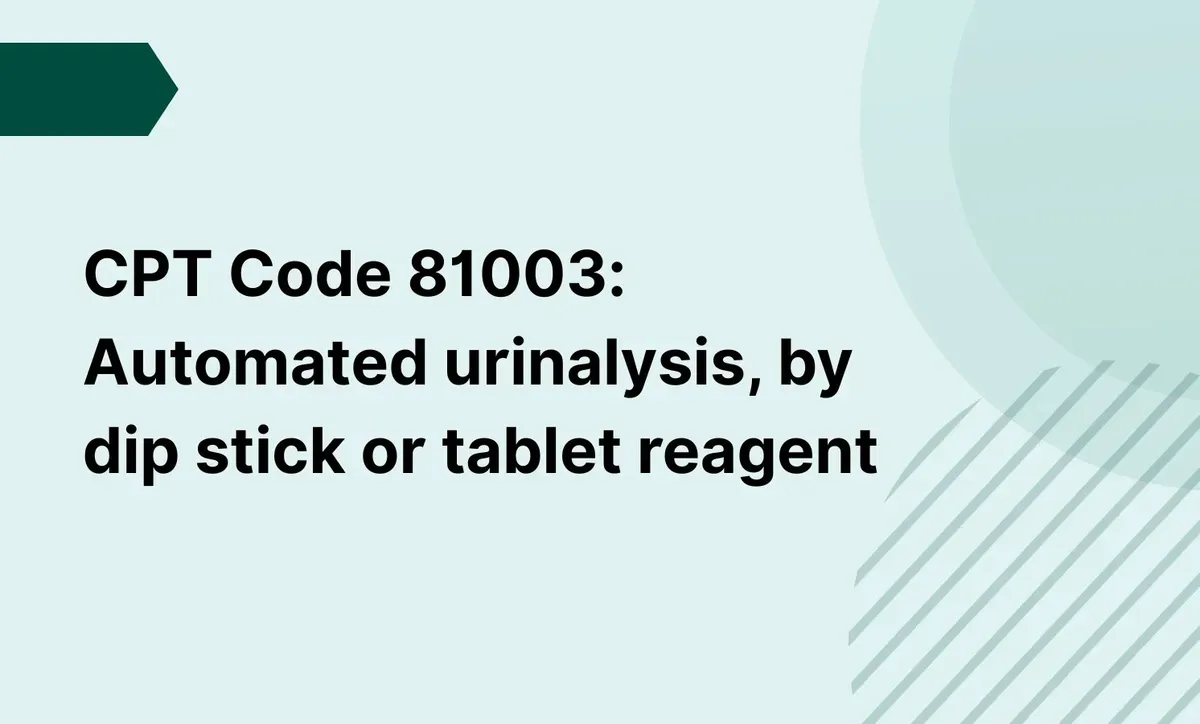
CPT Code 81003: Automated urinalysis, by dip stick or tablet reagent
Learn how to document and bill CPT code 81003 for automated urinalysis, including clinical use, billing rules, and related CPT codes for complete and accurate claims.
Frequently asked questions
Yes, but only if it is medically necessary and documented as a distinct service. When billed with an E/M code, the E/M must be significantly and separately identifiable.
Possibly, if multiple clinically necessary tests are performed and appropriately documented. However, multiple same-day billings often trigger payer scrutiny.
Yes, CPT 81003 is a CLIA-waived test, so it requires a valid CLIA waiver certificate. Some payers may also require the use of modifier -QW to indicate its waived status.
EHR and practice management software
Get started for free
*No credit card required
Free
$0/usd
Unlimited clients
Telehealth
1GB of storage
Client portal text
Automated billing and online payments

